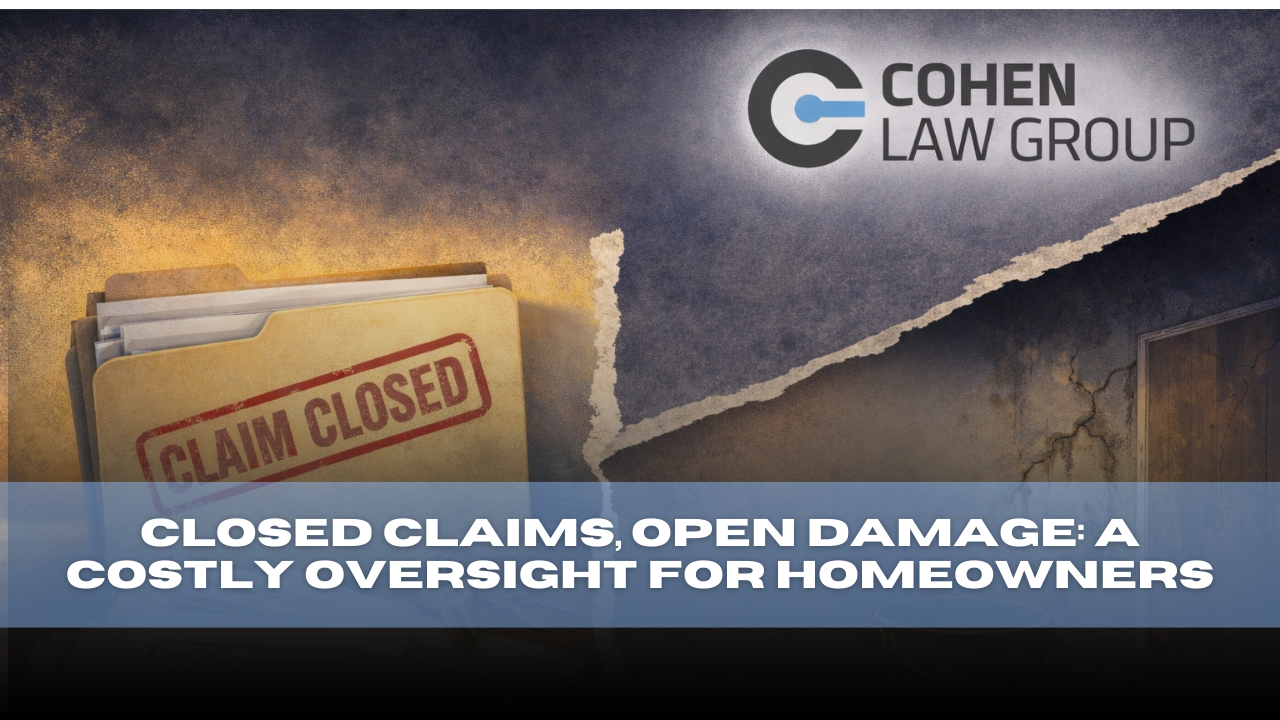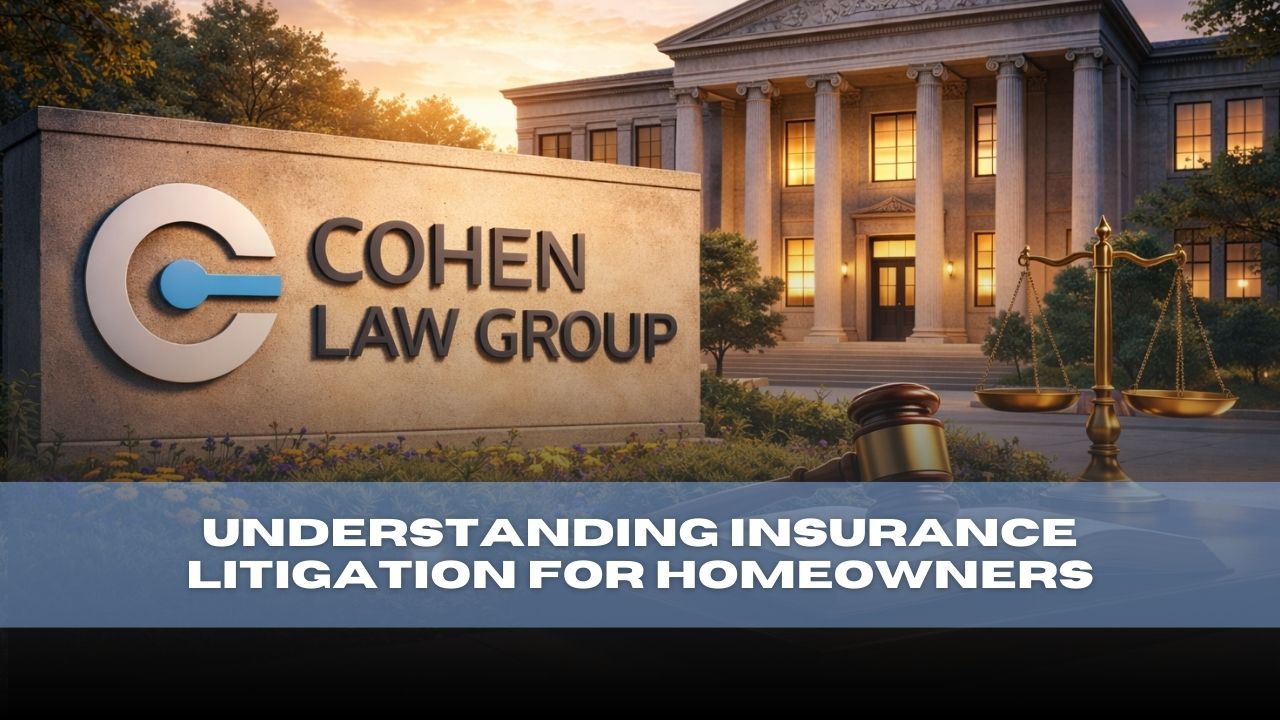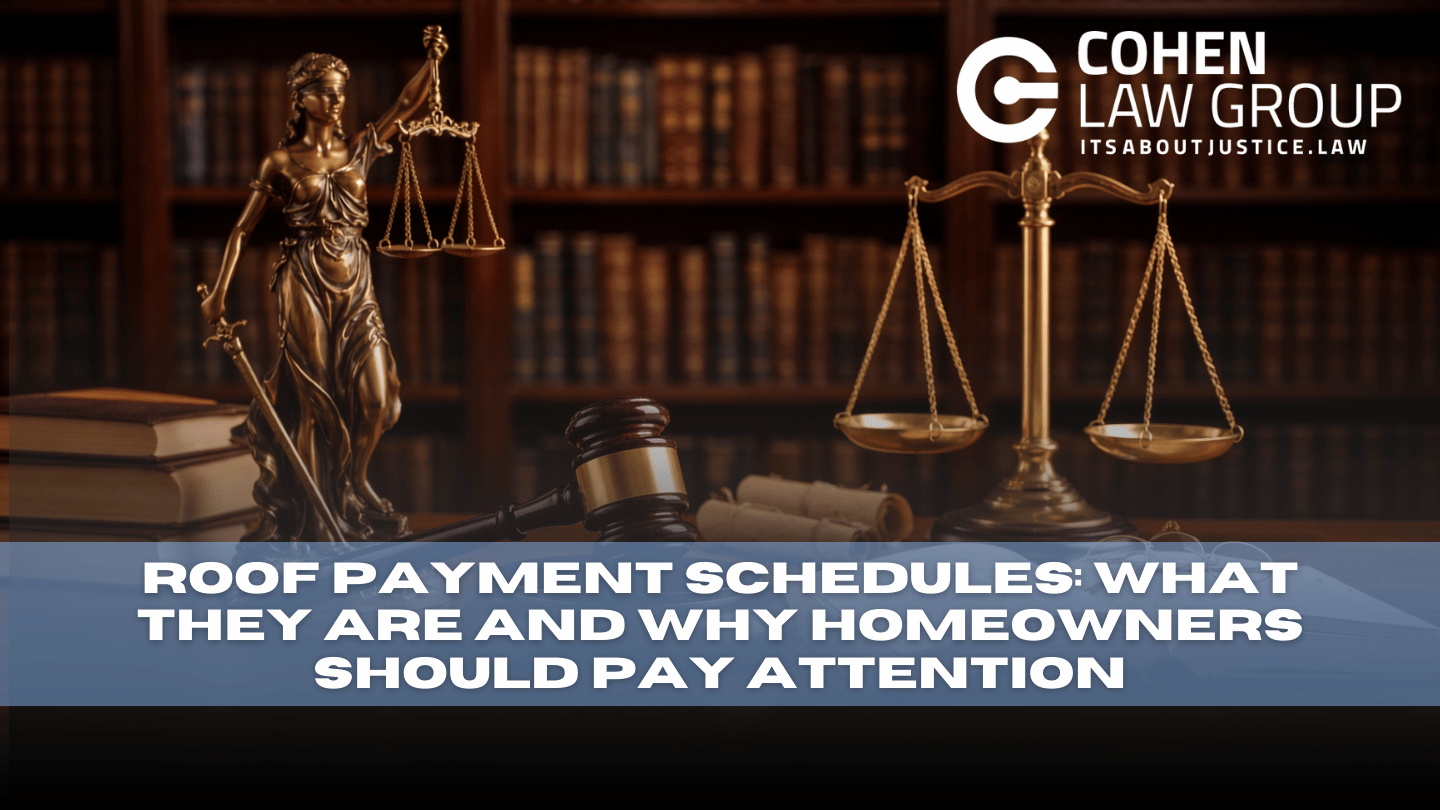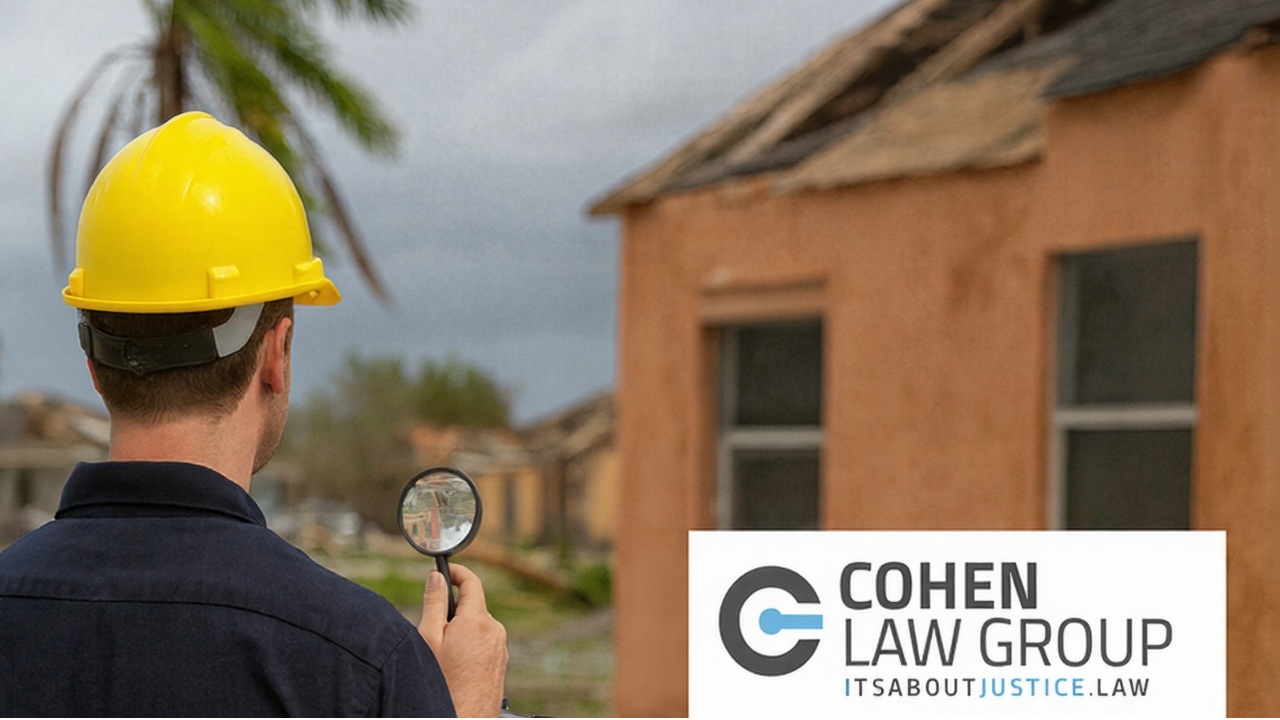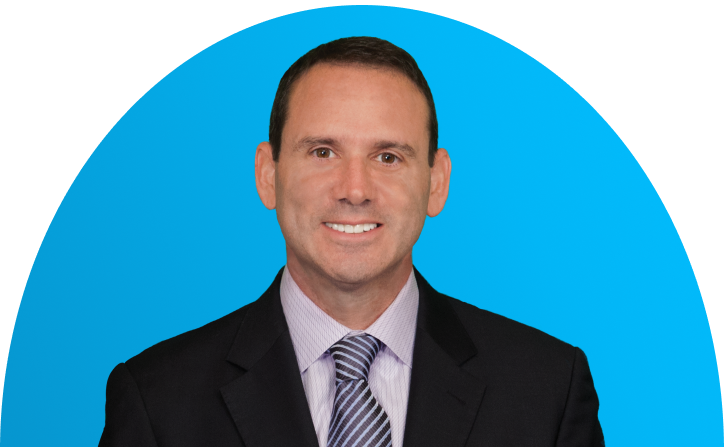The Silent Disaster – Hurricane Michael & Its Aftermath
By Kevin Vorhis, Esq.
It has been a little over five months since Hurricane Michael ravaged Florida’s panhandle, and many Bay County residents are still coping with the immense aftereffects of one of the most destructive and costly storms in our state’s history.
In regions like Panama City, Mexico Beach, and Lynn Haven, the telltale signs of the storm’s destructive aftermath can still be seen on virtually every street corner, inside nearly every neighborhood, and on the weary faces of panhandle residents.
Today the streets of Panama City are filled with commercial trucks and heavy machinery, seen carting away splintered wood and detritus, or bringing in fresh new loads of shingles and concrete blocks to satisfy the city’s now-insatiable appetite for construction. Collapsed buildings and blue tarps strapped to roofs dot the landscape in every direction. A forest of uprooted and splintered trees now surrounds the cities.
Five months later, and Panama City still resembles a warzone.
This begs the question: who is responsible for fixing the panhandle? Whose job is it to restore Panama City and its surrounding areas to their former normalcy?
The city, state, and the national government certainly bear some of this responsibility, as do the people themselves. However, much of the economic burden of this devastation falls on private insurance companies, who have collected insurance premiums from panhandle homeowners and businesses alike for decades without even one widespread disaster like Hurricane Michael.
This multi-billion dollar industry is precisely in the business of protecting its policyholders from the risk of loss after unforeseeable disasters. They are precisely in the business of paying out insurance benefits when such a loss occurs. Why then, nearly five months after the storm, does so much of the panhandle still look so much as it did right after the storm hit?
Where are the insurance proceeds?
Why are many people stuck in destroyed homes, fighting with their own insurance companies for the benefits that they are owed?
Much like the seeming warzone in the streets of Bay County, a similar war of words is being fought in the media and in the courts. Insurance companies spend thousands of dollars in advertising, regularly assuring the public that they are working in the best interest of their customers. Some of these same insurance companies then wrongfully deny and underpay on their customers’ claims.
Some insurance adjusters mechanically write up appallingly low damage estimates after inspecting the rubble of someone’s ruined home. Some insurers deny claims for the most tenuous of reasons. In this environment, it can be difficult for the honest public to know who to trust, or who to turn to for help.
Misinformation, confusion, and even outright lying confound the truth and paralyze the public with uncertainty. A second silent disaster has befallen the residents of the panhandle, where the necessary protection against economic harm comes from knowledge of how the insurance industry operates.
Cohen Law Group has represented homeowners, condominium associations, and contractors in literally thousands of insurance claims over the years, and recovered millions of dollars from insurance companies on behalf of our clients. Through our years of representing thousands of policyholders, we have noticed common pitfalls, traps, and “gotchas” that have turned otherwise recoverable insurance claims into full denials of insurance benefits.
Below is general advice to homeowners on how to avoid some of the most common mistakes in the insurance claims process.
Although useful, this information is no substitute for the advice and assistance of competent legal counsel. If you are involved in an insurance claim, and are in doubt about anything that is happening, we strongly advise that you contact our office for a free consultation. With that being said, please consider the following:
Understand and Perform Your “Duties After Loss”
Many homeowner’s insurance policies require that the policyholder(s) do certain things after a loss. It is very important that you satisfy these obligations, or your insurance company may have a legal reason to deny your claim. Among these duties are:
a) The Duty to Timely Submit a “Sworn Proof of Loss”
One of the quickest and easiest ways to turn an otherwise viable insurance claim into a denied claim is to fail to submit a document called a “Sworn Proof of Loss” or “Sworn Statement of Loss” to the insurance company within a pre-determined timeframe (often 60 days after the insurance company requests it).
The document itself is relatively straightforward, but you must submit it on time, or obtain an extension, or you may lose out on your entire claim. Review your insurance policy and your claims correspondences to make sure that you have not run afoul of this obligation.
b) The Duty to Mitigate Your Damages
In many insurance policies, you have a duty to prevent further damage to your property. This means that you can’t just let your property fall into even greater disrepair as you wait for your insurance company to pay out insurance benefits or settle your claim.
This may mean keeping tarps on your damaged roof, drying out any water, taking steps to seal up leaks and prevent against mold, etc. If you fail to mitigate your damages, you again risk having part or all of your insurance claim denied by your insurance company.
c) The Duties to Preserve Your Property and Make Your Property Available for Inspection(s) (including re-inspection(s))
In many insurance policies, you have a duty to “preserve the evidence” of the damage, in a manner of speaking. For example, if your home’s contents have been damaged, your insurance policy may require you to hold on them—even if the items are completely destroyed—until your insurance claim has been resolved. Otherwise, the insurance company may deny that portion of your claim because you failed to preserve your property, or make it available for inspection.
This is also true for damaged portions of your home itself, including things like damaged roofing shingles, leaking windows, etc. The insurance company has a right to inspect and even re-inspect your property, so you may need to make your home available for multiple inspections, and keep all your damaged property so that they can determine the cause and nature of your loss.
While insurance companies have a legal obligation to investigate your claim, you will likely make the claims adjusting process easier for yourself if you have individual photos, receipts, etc. demonstrating the damaged items and the cost to replace these items. If you don’t preserve your damaged property, you many lose out on all or part of your insurance claim.
You Don’t Have to Accept the Insurer’s First Offer
So make an informed decision by obtaining repair estimates. Typically, an insurance company will send a field adjuster to visit your property, review your claimed damage, and prepare a repair estimate. Based on their own estimates, the insurance company may then send you a payment check, or offer to settle the claim based on their own numbers.
In our experience, these estimates are frequently unrealistically low compared to the going market rate for repairs. You should strongly consider obtaining repair estimates from the contractor(s) who you are considering to actually do the work on your property. Submit these to the insurance adjuster, and negotiate a better number. Alternatively, contact us. We are experienced in this negotiation process.
Make Sure You Have Enough Money to Complete the Repairs
Don’t sign a release of your claim with your insurance company until you know that you have enough money to complete the repairs. Insurance companies are obligated to pay for damage to your insured property that is covered by the policy.
Assuming that the insurance company has determined that you claim is covered, they will often offer you an amount of money to settle the claim. In exchange for this money, some insurance companies will request that you sign a release of the claim. This means that once you sign a release, and they pay the agreed-upon amount of money, the claim is closed and you have released them of any future obligations to pay you money for the same claim. This becomes problematic when the amount of money that they offered you is not enough to pay for your full repair costs.
If the money the insurance company gave you is not enough to pay for the full repairs, and you have already released them of the claim, then you are going to have to pay for the remaining repairs out of your own pocket.
This is a particular concern if you discover new damage that could not have been seen until after the repair work started. For example, if you had a damaged roof that is being repaired and then discovered new damage that was not visible until the roofer started taking off the old roof. As such, be very careful about signing releases until you know the full extent of the damage and the cost of the full repair, or you will likely be on the hook for the difference. When in doubt, contact competent legal counsel who will be able to assist you.
Verify the Qualifications of the Insurer’s Preferred Vendors/Contractors
Oftentimes an insurance company will provide you with a list of “preferred vendors”, “preferred contractors”, or recommended businesses to perform the necessary repair work on your home. As with any contractor, we strongly urge you to investigate these businesses and individuals fully before you agree to let them do the work.
In our experience, some of these preferred vendors are “preferred” by insurance companies because they can do the work cheaply, and because they are willing to work closely with the insurance company. This may not be in your best interest, because homeowners typically want someone who will do the work correctly and thoroughly, not necessarily cheaply.
We have represented homeowners in cases where preferred vendors have botched repair jobs, costing the homeowner thousands to re-fix the “repair”. A sensible course of action then would be to instead pick your own trusted contractor. If you are already in a situation where an insurance company’s preferred vendor or contractor did a poor repair job, contact us and we may be able to help.
If You Use an Insurer’s Preferred Vendor, Keep a Close Eye on How They Perform the Work
As mentioned above, insurance companies may use certain preferred vendors/contractors because they know that these businesses will perform repair work for predictable low-cost amounts. Keep in mind that insurance companies have a financial incentive to limit the total amount they pay on insurance claims. The interest of the homeowner is typically different, as they simply want high quality repairs.
As such, it benefits a homeowner to keep a close eye on the quality of the work being performed by a preferred vendor. We recommend documenting the repairs as they progress with photographs and notes, and immediately bringing it to the insurance company’s attention if the work has not been done correctly. If a dispute arises, consider calling us and we may be able to assist.
It is apparent enough that the panhandle region will continue to feel the effects of Hurricane Michael for years to come. Unfortunately for some, some insurance claim disputes may also last for years to come. Certain homeowners with open insurance claims are potentially at risk to have all or part of their claims denied if they do not have the knowledge, expertise, or experience dealing with this process.
As you can see from above, this process can potentially be a minefield for the unprepared or the unfamiliar.
If you have any questions about your insurance claim, or if you already have a dispute with your insurance company, please do not hesitate to contact us for a free consultation. At Cohen Law Group, we are here to help. At Cohen Law Group, It’s About Justice.

Kevin Vorhis, Esq.
DISCLAIMER: This website is for informational purposes only and does not provide legal advice. Please do not act or refrain from acting based on anything you read on this site. Using this site or communicating with Cohen Law Group through this site does not form an attorney/client relationship. This site is legal advertising. Please review the full disclaimer for more information by clicking here.


